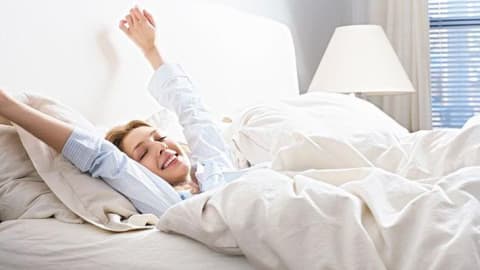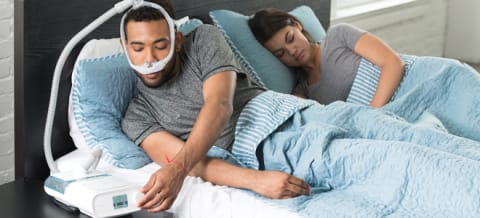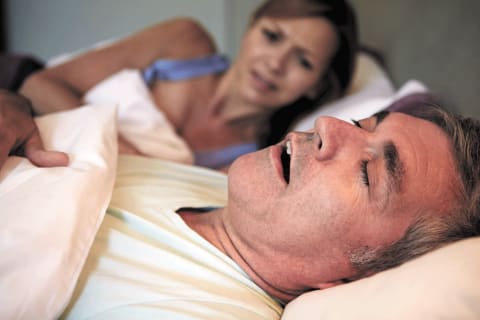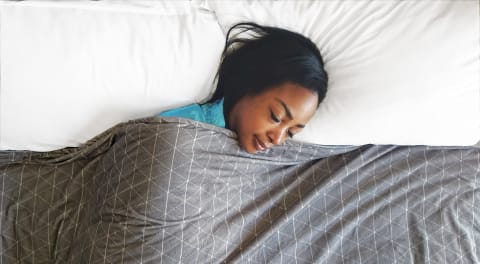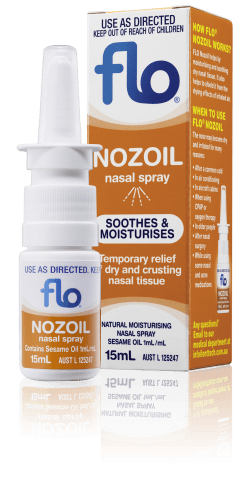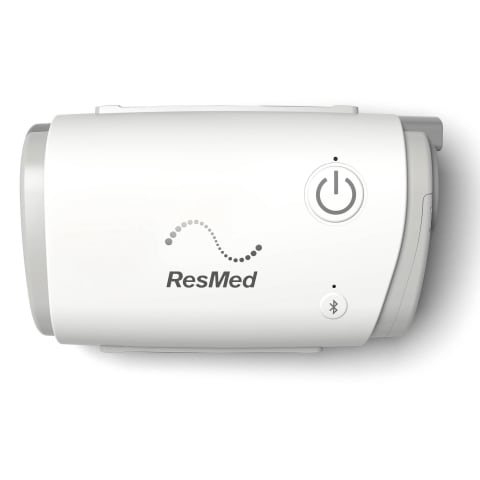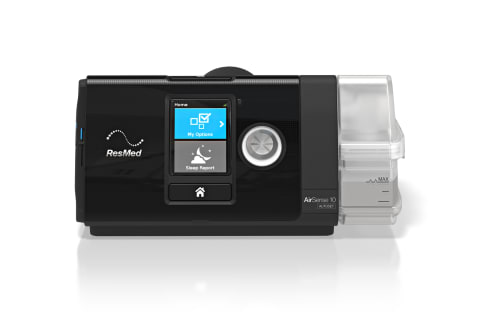CPAP Machines Brisbane
 Fisher & Paykel SleepStyle+ Plus Auto CPAP Machine and Mask Pac...
Fisher & Paykel SleepStyle+ Plus Auto CPAP Machine and Mask Pac...
 Philips Respironics DreamStation Auto CPAP Machine with Humidifier ...
Philips Respironics DreamStation Auto CPAP Machine with Humidifier ...
If you’re looking to buy a CPAP machine in Brisbane, you might be wondering where to begin. We’re here to help! This page answers common questions about CPAP therapy to help you make an informed decision.
1. What features should I look for in a CPAP machine?
When choosing a CPAP machine, it’s important to focus on features that will make your therapy more comfortable and effective. Look for a user-friendly interface with simple controls, adjustable pressure settings and a ramp feature that gradually increases the pressure to help you fall asleep more easily. A built-in humidifier is also a great feature, as it helps reduce dryness in your nose and throat. Also consider the noise level of the machine, as quieter models can make a big difference if you or your partner are light sleepers.
If you travel often, portability and size should also be considered. Some machines offer battery options for use without a power outlet, which can be convenient for camping or travel.
2. What are the differences between CPAP, BiPAP and APAP machines?
CPAP, BiPAP and APAP machines all treat sleep apnea, but they serve different user needs. Here’s a breakdown of their differences:
- CPAP machines deliver a steady, fixed level of air pressure throughout the night. They’re simple and effective for most people, but some may find the constant pressure uncomfortable.
- BiPAP machines provide two pressure settings: higher for inhaling and lower for exhaling. This can make breathing easier, especially for people who need higher pressure or have certain respiratory issues.
- APAP machines automatically adjust the pressure throughout the night based on your breathing patterns. They provide a more personalised therapy experience, which can be helpful if your pressure needs change during the night.
3. How do I choose the right CPAP machine for my needs?
Finding the right CPAP machine comes down to your specific needs and preferences. Start by understanding the severity of your sleep apnea and whether you need a fixed, bi-level, or automatic pressure machine. Features like built-in humidifiers, data tracking and noise levels can also be important considerations.
We recommend consulting a CPAP specialist to help guide your choice. You might also want to try a rental or trial period before committing to a purchase. This way, you can test different machines and find the one that feels best for you.
4. What accessories are included with the CPAP machine?
Most CPAP machines come with a few basic accessories to get you started. This usually includes a built-in humidifier, air filters to keep the air clean and a hose or tubing to connect the mask to the machine.
You might also find extras like a travel bag, cleaning supplies and extra filters included, but it’s always a good idea to double-check what’s inside the box. Keep in mind that unless you buy a bundle or a CPAP plan, the CPAP mask typically isn’t included and will need to be purchased separately before you can start therapy.
5. Are CPAP machines suitable for all sleep apnea patients?
CPAP machines are the go-to treatment for obstructive sleep apnea, but they might not work for everyone. For central sleep apnea, where the brain doesn’t send the right signals to breathe, a different approach is usually needed.
Some people also struggle to get used to CPAP therapy. If you’re finding it uncomfortable, your doctor can help adjust your settings or suggest alternatives like BiPAP, APAP, oral appliances, or even surgical options.
6. What should I discuss with my doctor before purchasing a CPAP machine?
Before you buy a CPAP machine, have a detailed chat with your doctor. It’s important to get a proper diagnosis and determine the severity of your sleep apnea. Your doctor can help decide if a fixed, bi-level or automatic pressure machine is right for you. They can also give you advice on reputable brands and models, as well as help address any concerns you might have about comfort, mask fit or side effects.
7. How often should I replace my CPAP machine?
A typical CPAP machine lasts around 5 years, but this can vary based on usage and how well you maintain it. Regular cleaning and care can help extend its lifespan. Watch for signs like reduced performance, unusual noises, or increased difficulty in maintaining pressure. This might indicate it’s time for a replacement.
If you’re in Brisbane, a local Sove CPAP clinic can check your machine and advise if an upgrade is needed.
8. Are there built-in humidifiers in the CPAP machines?
Humidifiers add moisture to the air you breathe. This helps to prevent dryness and irritation in the nose and throat, which helps makes therapy more comfortable.
Some machines have built-in humidifiers, while others offer them as optional attachments. If you live in a dry climate or experience nasal congestion, a humidifier will be very beneficial. When choosing a machine, consider whether a built-in humidifier is important for your therapy experience.
9. How do I set up my CPAP machine at home?
When setting up your CPAP machine at home, you should always follow the user guide and instructions for use. Generally speaking, you should start by placing the machine on a stable surface near your bed. Attach the hose to the machine and connect the mask to the other end of the hose.
If your machine has a humidifier, fill it with distilled water according to the instructions. Plug the machine into a power outlet, turn it on, and adjust the settings as needed. Make sure the mask fits snugly, but not too tight—you want a good seal without discomfort.
10. What should I do if my CPAP machine is not working properly?
If your CPAP machine isn’t working, first check that it’s plugged in and turned on. Then inspect the hose, filters, and mask for any damage, blockages, or leaks.
If everything looks okay but the machine still isn’t functioning right, consult the user manual for troubleshooting tips. Regular maintenance can help prevent issues.
If issues persist, visit a CPAP clinic in Brisbane for expert advice and servicing.
11. What should I ask my doctor before buying a CPAP Machine?
Before purchasing a CPAP machine, consult your doctor or a CPAP consultant in Brisbane. They can provide a proper diagnosis and recommend the best type of machine for your needs. They’ll also help you find a mask that fits well and ensures comfort during therapy.
12. Should I buy a CPAP machine locally in Brisbane or online?
Buying your CPAP machine in-store allows you to try the machine, get expert fitting and access support more easily. However, product selection may be limited.
Shopping online offers a wider range of options, but you won’t get in-person guidance or the chance to test the machine before purchasing.
13. Where can I buy a CPAP machine in Brisbane?
To purchase or see our available CPAP machines in Brisbane, visit one of our trusted partner locations across the city:
Spring Hill – Spring Hill Sleep Centre, Ground Floor, Watkins Medical Centre, 225 Wickham Terrace, Spring Hill, QLD 4000
Fortitude Valley – Terry White Chemmart Valley Metro, Shop T26, Valley Metro Retail, 230 Brunswick St, Fortitude Valley, QLD 4006
Ascot – Racecourse Road Chemsave Pharmacy, 119 Racecourse Road, Ascot, QLD 4007
Drewvale – Watsons Chemist Drewvale, 3/27 Illaweena St, Drewvale, QLD 4116
Redbank Plains – Foote’s Pharmacy Redbank Plains, Shop 62-63 Town Square Redbank Plains, 357 Redbank Plains Road, Redbank Plains, QLD 4301
Eastern Heights – Grange Road Pharmacy (Foote’s Pharmacy), 82 Grange Road, Eastern Heights, QLD 4305
Raceview – Foote’s Pharmacy Raceview, Shop 1-4/64 Raceview St, Raceview, QLD 4305

